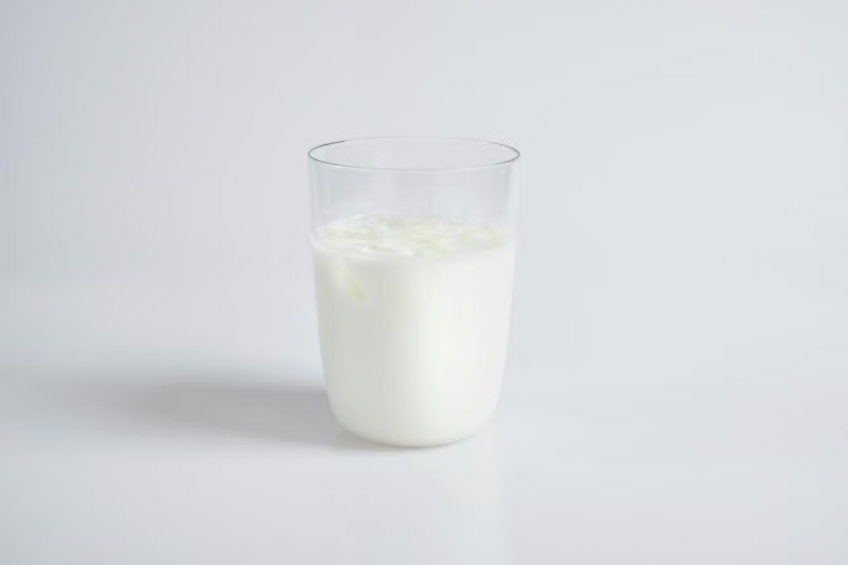Bird flu viral fragments found in pasteurized milk: US officials
US health authorities said Tuesday they had discovered fragments of bird flu virus in the nation’s pasteurized cow milk supply during the course of a large study, but the samples likely posed no health risk to humans.
An outbreak of Highly Pathogenic Avian Influenza (HPAI) has spread among dairy cattle herds throughout the country and infected one human, who had mild symptoms.
Though the H5N1 strain of HPAI has killed millions of poultry during the current wave, affected cows have not fallen severely sick.
The Food and Drug Administration said in a statement that during the course of a national survey, it had discovered viral particles in “milk from affected animals, in the processing system, and on the shelves.”
But the samples were run through a highly sensitive quantitative polymerase chain reaction (qPCR) test, which is able to detect remnants of the pathogen’s genetic material even if the virus itself was inactivated by the heat of the pasteurization process.
“The pasteurization process has served public health well for more than 100 years,” the agency said.
“Even if virus is detected in raw milk, pasteurization is generally expected to eliminate pathogens to a level that does not pose a risk to consumer health.”
The agency’s scientists are working to study positive samples further using “egg viability studies.” These involve injecting an embryonated chicken egg with a sample and then seeing whether any active virus replicates.
“Additional analysis is underway of milk on store shelves across the country in addition to work to evaluate any potential differentiation for various types of dairy products (e.g., whole milk, cream),” the FDA added.
Bird flu was previously detected in raw milk, which health authorities have long advised against consuming.
US FDA says commercial milk safe despite bird flu virus presence

The FDA says commercial milk remains safe for drinking as it is pasteurised and thus harmful bacteria and viruses are killed.
PUBLISHED ONAPRIL 24, 2024
WASHINGTON — The US Food and Drug Administration (FDA) said on April 23 that it had found bird flu virus particles in some samples of pasteurised milk but said commercial milk supply remains safe.
The FDA said that because the milk is pasteurised, it remains safe for human consumption as the process kills harmful bacteria and viruses by heating the milk to a specific temperature.
“Based on available information, pasteurisation is likely to inactivate the virus, however, the process is not expected to remove the presence of viral particles,” the FDA added.
The agency said it has been evaluating milk from affected animals, in the processing system and on the shelves. It said it is completing a large representative national sample to understand the extent of the findings.
The FDA said it is further assessing any positive findings through egg inoculation tests, which it described as a gold standard for determining viable virus.
The agency said it has seen nothing that would change its assessment that the commercial milk supply is safe, adding that results from multiple studies will be made available in the next few days to weeks.
“Sound science is critical to informing public health decisions like those made by the FDA related to food safety, and we take this current situation and the safety of the milk supply very seriously,” the agency said.
There are confirmed cases of bird flu in dairy cattle in eight US states, according to the US Department of Agriculture.
The Centres for Disease Control and Prevention said one human case has been linked to the outbreak in dairy cows. The case was reported in Texas on April 1.
ALSO READ: Wider bird flu spread raises concern for humans, animal health body says
PHOTO: Unsplash
Source: Reuters
No comments:
Post a Comment